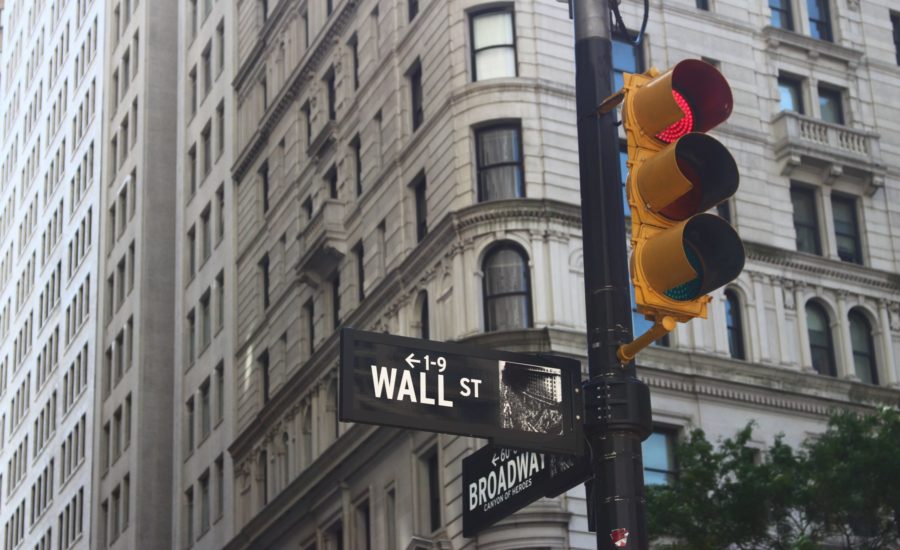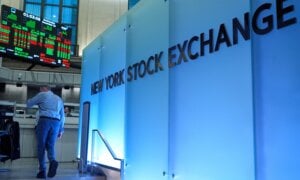The markets are rallying against all odds. Why?
Other than a 22-day stock market decline in late February and early March where equities fell by 34%, stocks have barely reacted to COVID-19. Since March 23, the S&P 500 has climbed by an incredible 40%—the fastest 50-day rally in history. What’s driving investors' decisions?













I come to Moneysense for unbiased FINANCIAL advice – not political opinion (and yes, I am nowhere near a fan of POTUS).
Peaceful protests? Perhaps you should apply to the CBC or CNN. Even as a “financial advisor” these places will only be concerned with your narrative, not facts. Seems right up your alley. I am not a Trump fan, but you need to stay in your lane.
Interest rates are so low and likely to stay this way for years to come so buying solid dividend paying stocks that have a long track record seems like a much better option that just having cash laying around or invested in any high interest cash accounts.